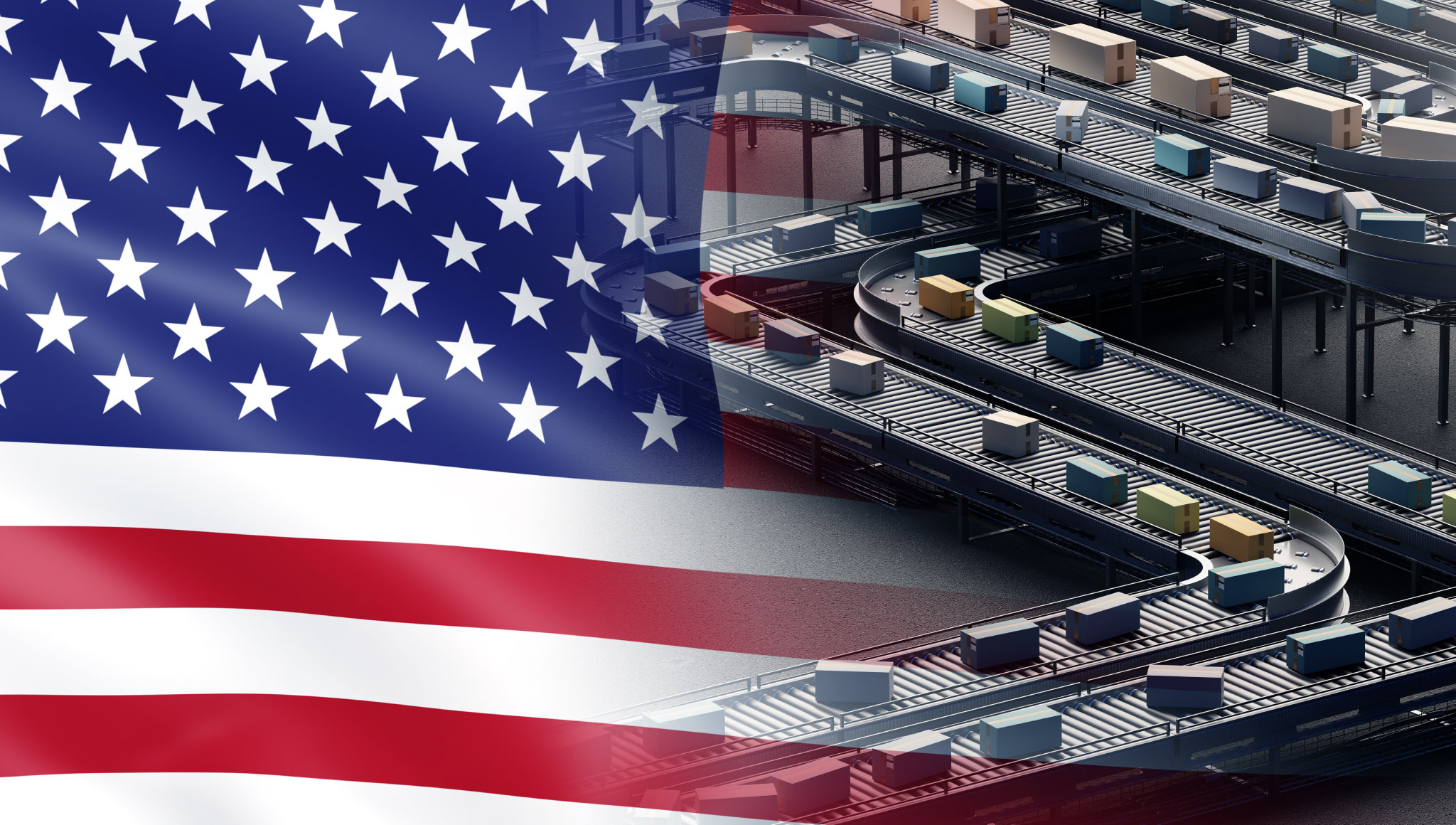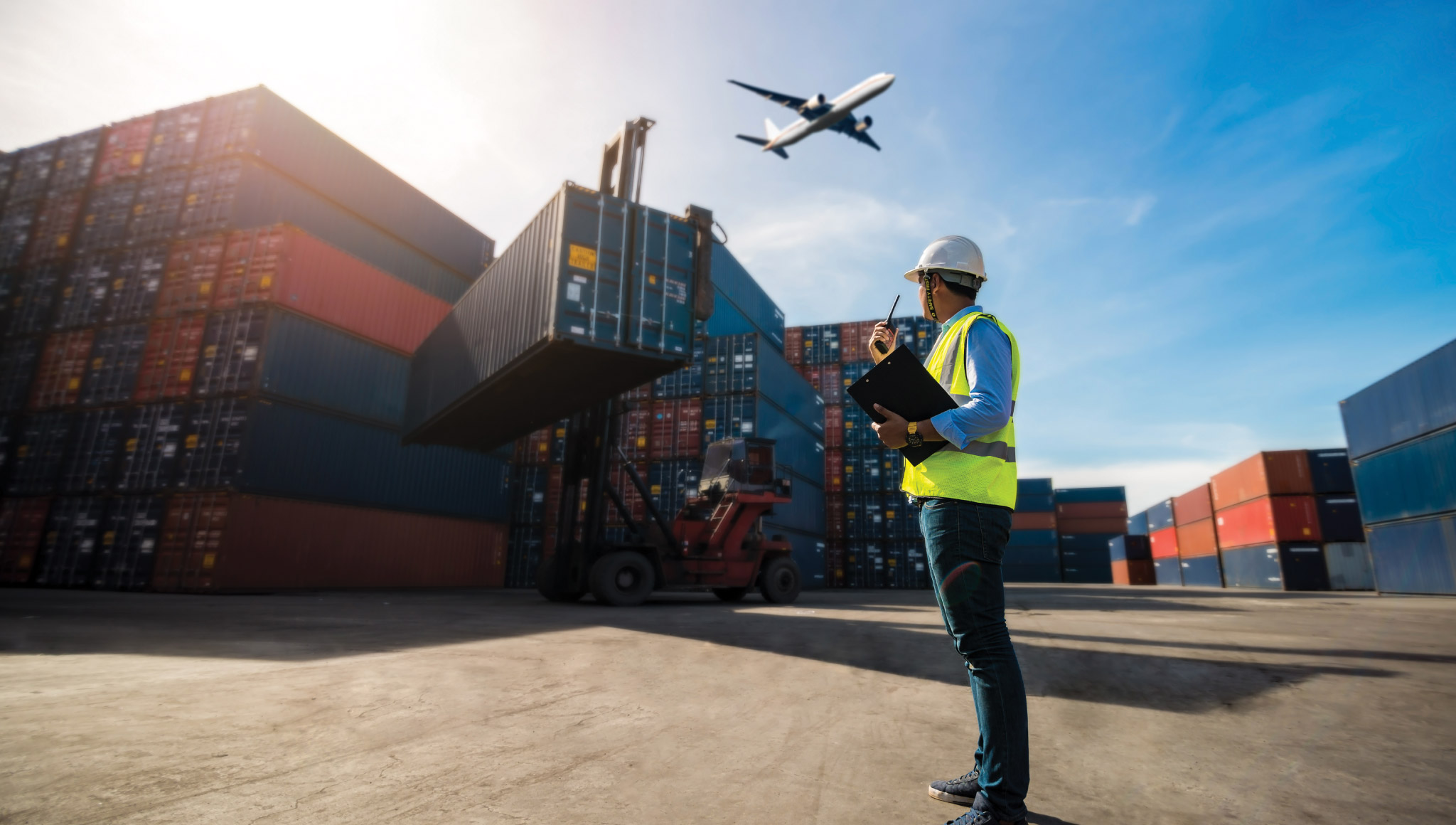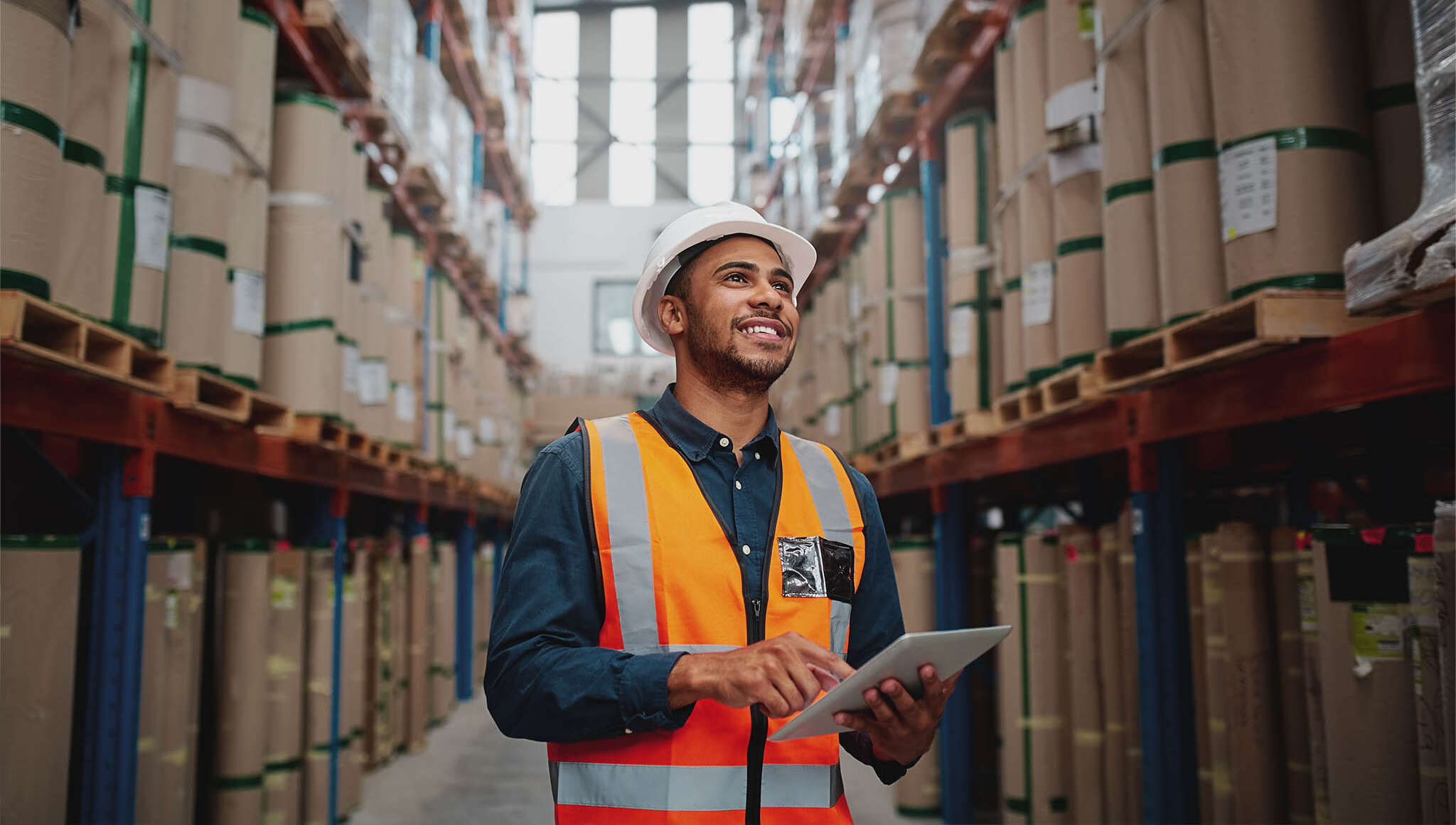Green Rules Are Coming:
Why Your eCommerce Business Needs to Get Sustainable—Fast!

The UK government is pushing forward with stricter environmental regulations that will soon affect how eCommerce businesses operate.
For businesses, embracing sustainability isn’t just about compliance. It’s a strategic move to future-proof your operations, meet growing consumer demand for eco-friendly practices, and stay competitive. As new legislation takes effect, ignoring sustainability could mean hefty fines, loss of customer trust, and falling behind competitors.
Why Sustainability is Becoming a Legal Obligation for UK Businesses
The UK government has set ambitious targets to reach net-zero carbon emissions by 2050, and the eCommerce industry is under increasing pressure to play its part.
Key Upcoming Regulations to Watch Out For:
1. Extended Producer Responsibility (EPR)
Effective From: October 2025 (fees)
What It Means: EPR places increased responsibility on businesses for the packaging they produce and sell. Companies with an annual UK turnover exceeding £1 million, a physical UK presence, and handling over 25 tonnes of packaging are required to comply with the new regulations.
Key Requirements:
Data Reporting: Businesses must have started to collect and report packaging data every six months from 2023.
EPR Account Setup: Companies must have established an EPR account in January 2024 and reported packaging data for 2024.
Financial Accountability: From October 2025, businesses will bear the full financial responsibility for managing household packaging waste.
Eco-Modulation Fees: These fees will apply starting 2025, meaning higher costs for using hard-to-recycle packaging materials, encouraging companies to adopt more sustainable packaging options.
2. Mandatory Recyclability Labelling for Packaging
Effective From: Recently pushed back (but still important to be aware of!)
What It Means: All packaging placed on the UK market must display a clear label indicating whether it can be recycled or not (“recycle” or “do not recycle”). This regulation is designed to improve recycling rates and reduce confusion among consumers regarding what can and cannot be recycled.
Key Requirements: Businesses must ensure that all packaging products are labelled correctly according to the latest guidelines. Non-compliance could result in penalties and removal of non-compliant products from the market.
3. Single-Use Plastics Ban Expansion
Effective From: Mid-2025
What It Means: The UK government is expanding its current ban on single-use plastics to include more items such as single-use cutlery, plates, bowls, trays, and polystyrene food containers. This initiative aims to reduce plastic waste and promote the adoption of more sustainable alternatives. The expansion applies to all types of single-use plastic, including biodegradable, compostable, and recycled plastic.
Key Requirements:
Banned Items: Businesses must stop supplying single-use plastic drink stirrers, balloon sticks, cutlery, and food containers made from expanded or extruded polystyrene, as there are no exemptions for these items.
Restricted Items: The sale of single-use plastic plates, bowls, trays, straws, and cotton buds will be restricted, with certain exemptions allowed for medical and scientific use, or when used as packaging in specific scenarios (e.g., pre-filled salad bowls or food trays).
Why Your Business Needs to Act Now

Avoid Costly Fines and Compliance Issues: Delaying action could result in non-compliance with impending regulations, leading to potential fines and legal challenges. By preparing now, you can ensure that your business meets all environmental requirements before the regulations take effect.
Meet Consumer Expectations: A recent study by Deloitte found that 25% of Gen Z consumers reduced or stopped their relationship with a brand due to unsustainable practices. As consumers become more eco-conscious, aligning with sustainability regulations will not only help with compliance but also attract and retain customers who value green practices.
Create Operational Efficiencies: Implementing sustainable practices can lead to cost savings through improved resource management, energy efficiency, and reduced waste. For example, optimising packaging to reduce material use not only minimises environmental impact but can also cut down on shipping costs.
Future-Proof Your Business: As sustainability becomes a key differentiator in the market, businesses that fail to adapt risk losing out to more environmentally proactive competitors. By getting ahead of the regulations, you position your business as an industry leader and set yourself up for long-term success.
How to Start Your eCommerce Sustainability Journey
Conduct a Sustainability Audit: Begin by evaluating your current business practices and identifying areas for improvement. Analyse your packaging materials, supply chain emissions, energy use, and waste management. This will provide a clear picture of where your business stands and what changes are needed.
Switch to Sustainable Packaging: Choose packaging materials that are recyclable, biodegradable, or made from recycled content. Consider partnering with suppliers that offer eco-friendly packaging solutions to reduce your environmental impact and comply with the upcoming EPR requirements
Optimise Logistics and Reduce Emissions: Review your shipping and delivery operations to identify ways to reduce carbon emissions. This could include using more fuel-efficient vehicles, consolidating shipments, or choosing delivery partners committed to sustainability. Implementing smart logistics software can help optimise routes and minimise energy use.
Engage Suppliers and Partners: Work closely with your suppliers to ensure they are also adopting sustainable practices. This could involve conducting supply chain audits, setting sustainability targets, and prioritising partnerships with suppliers that share your environmental values.
Implement Transparent Reporting: Start collecting data on your environmental impact, including packaging use, carbon emissions, and waste management. Implement systems to track and report this data accurately. Transparent reporting not only helps with compliance but also demonstrates your commitment to sustainability to customers and stakeholders.

Partner with GFS for Sustainable Delivery Solutions
Navigating the complexities of new sustainability regulations and optimising your eCommerce logistics can be challenging, but you don’t have to do it alone. GFS is your trusted partner in creating efficient, cost-effective and sustainable delivery solutions. With a wide range of eco-friendly logistics options, flexible rate structures, and technology integrations that support transparency and compliance, GFS helps you meet the demands of today’s environmentally-conscious market.

















